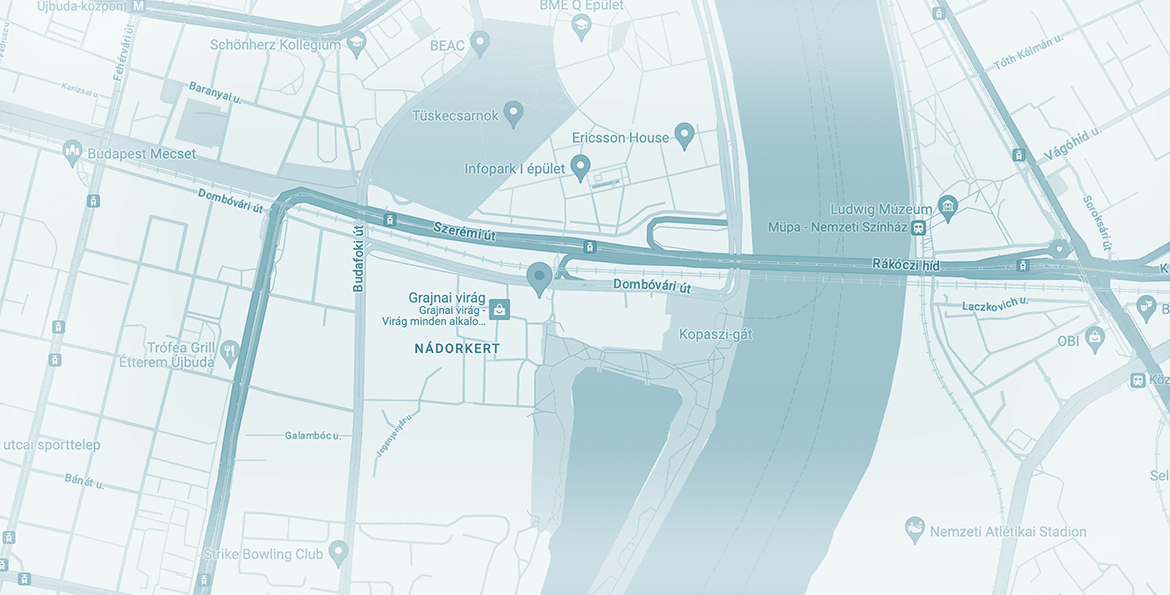
Checklist for KATA orphans and KATA 2.0 subjects in September
If you were a KATA subject, you probably had to make some tough decisions over the last month or so. As 1 September, the great watershed is here, let’s have an overview of things to take care of when switching to KATA 2.0 or choosing another tax regime.
If you were a KATA subject, you probably had to make some tough decisions over the last month or so. As 1 September, the great watershed is here, let’s have an overview of things to take care of when switching to KATA 2.0 or choosing another tax regime.
Which way next?
KATA was available to small taxpayers with a yearly revenue under HUF 18 million (with an option for opting out of VAT with a revenue under HUF 12 million). It was aimed primarily at the self-employed as well as limited partnership companies, and it was taxed at a monthly HUF 50,000 bulk payment, with options for paying half if employed elsewhere or paying more for added benefits.
From September on, KATA 2.0 is available
- only to the self-employed,
- if they have only natural persons as clients (except for taxi-drivers),
- with a monthly HUF 50,000 bulk payment for taxes.
In line with this, former KATA subjects can either stay under KATA 2.0 or choose another tax regime, which will mainly depend on whether KATA 2.0 is available to them at all or whether they have more favorable options.
Staying under KATA 2.0
You can stay under KATA 2.0 if you are sure you still meet the conditions. Even if you are self-employed, issuing invoices only to natural persons is a crucial factor, which singlehandedly removed the majority of KATA subjects from this tax regime. In case you are still here, you must:
- declare staying in KATA 2.0 towards the Tax Authority until 25 September,
- update your settings in your invoicing software when you create your first invoice,
- submit your KATA tax statement for the period until 31 August until 30 September,
- register for local business tax by KATA 2.0 with your local municipality until 15 October.*
*Please note: municipalities may handle the local business tax differently. Check with them if you need to do anything.
KATA orphan and self-employed
Whether you become ineligible for KATA 2.0 or you opt out, you must choose a tax regime for yourself as a self-employed entrepreneur. By default, you will be assigned to regular taxation, but you can also choose flat-rate taxation if you meet certain conditions (even if normally you could not go with this option because you had opted out of it before). Accordingly, you must:
- decide if you choose flat-rate taxation, and if you do, declare it by 31 October,
- declare your insurance status (self-employed in full-time or insured otherwise) by 1 September,
- update your settings in your invoicing software when you create your first invoice,
- register for local business tax with your local municipality and pay the advances by 15 September,
- submit your KATA tax statement for the period until 31 August until 30 September.
KATA orphan and company
If you operate a company, you simply cannot stay under KATA 2.0. By default, you will go under regular taxation (TAO) with a 9% corporate tax, but under certain conditions you can also choose KIVA. You will need to submit an opening balance sheet, but the deadline for this is only in next May. Accordingly, you must:
- register under KIVA until 31 August if that is what you want (otherwise you go under TAO),
- declare your insurance status by 1 September,
- update your settings in your invoicing software when you create your first invoice,
- register for local business tax with your local municipality and pay the advances by 15 September,
- submit your KATA tax statement for the period until 31 August until 30 September,
- pay your corporate tax advances if you are under TAO until 30 October,
- submit your original opening balance sheet until 31 May 2023.
In case you are terminating your KATA company with simplified liquidation, you can become self-employed already the next day, and do not have to wait for the liquidation process to complete.
Accounting services from Helpers Finance
Our experienced team offers accountancy primarily to small and middle-sized companies in Hungary, with a special expertise in working with foreign owners. We can help you better understand bookkeeping and taxation in Hungary, and help your work with precise reporting so you can focus on what you do best: making your business a success.
Contact
Get in touch today
Monday - Friday
9am - 5pm CET
Helpers Finance Kft.
Budapart Gate
Dombóvári út 27
Budapest 1117, Hungary
If you’re visiting us, please use entrance A and come to the 2nd floor.



